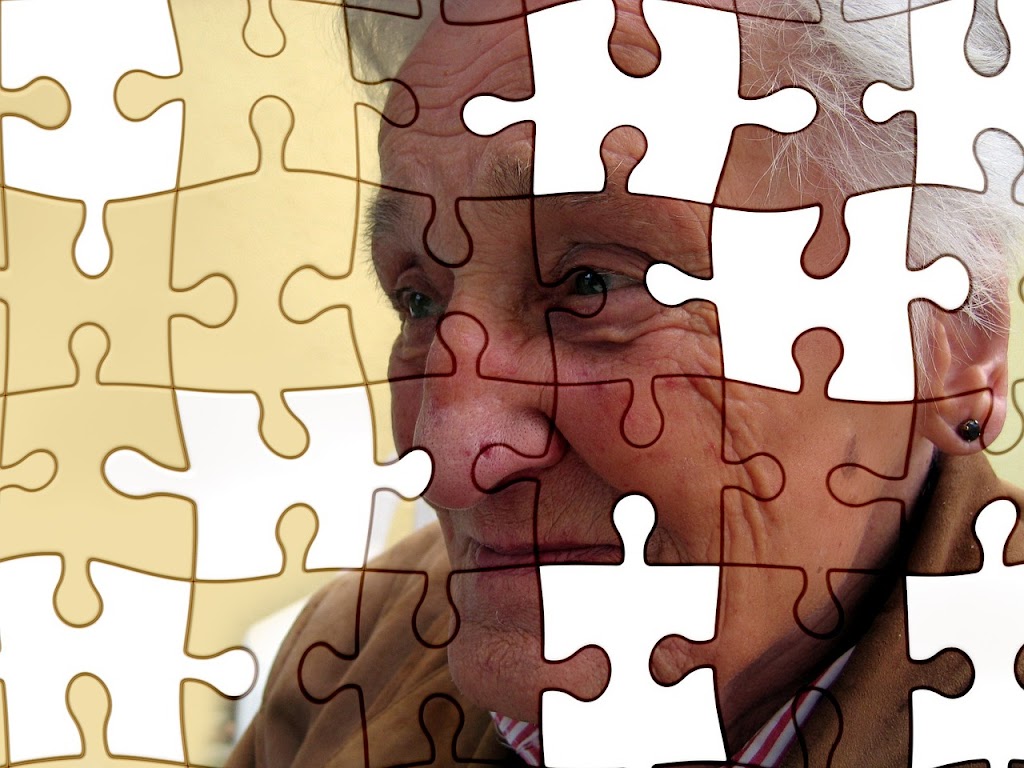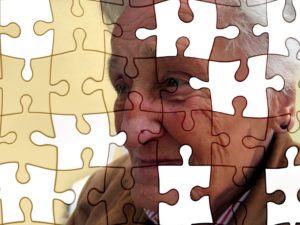Alzheimer’s and dementia are two terms that are often used interchangeably, but they refer to distinct conditions. While both affect memory and cognitive function, they have different causes and progression patterns. In this blog post, we will delve into the key aspects of Alzheimer’s and dementia, shedding light on their causes, symptoms, treatment options, and prevention strategies. By understanding these conditions, you can better support individuals affected by them and make informed decisions regarding care.
What is Alzheimer’s Disease?
Alzheimer’s disease is a neurodegenerative disorder characterized by progressive memory loss, cognitive decline, and behavioral changes. It is the most common cause of dementia, accounting for approximately 60-80% of cases. Alzheimer’s is primarily associated with the accumulation of abnormal protein structures called beta-amyloid plaques and tau tangles in the brain, leading to the loss of healthy brain cells over time.
What is Dementia?
Dementia is a broader term that encompasses various conditions characterized by cognitive decline, memory impairment, and decreased ability to perform daily activities. Alzheimer’s disease is just one type of dementia. Other forms include vascular dementia, Lewy body dementia, and frontotemporal dementia. Each type has its unique causes and symptoms, but they all share the common feature of affecting cognitive function.
Signs and Symptoms:
The early signs of Alzheimer’s and dementia can be subtle, often starting with mild memory lapses and difficulty with concentration. As the diseases progress, individuals may experience confusion, disorientation, language problems, mood swings, and personality changes. In advanced stages, they may require assistance with basic activities such as eating, dressing, and bathing.
Diagnosis and Treatment:
Early detection is crucial for managing Alzheimer’s and dementia effectively. Physicians employ various diagnostic tools, including cognitive assessments, brain imaging, and blood tests, to evaluate memory and cognitive function. While there is no cure for Alzheimer’s, treatments such as cholinesterase inhibitors and memantine can help manage symptoms and slow down the progression of the disease. Non-pharmacological approaches, including cognitive stimulation and behavior modification, also play a significant role in improving quality of life.
Prevention and Risk Reduction:
While some risk factors for Alzheimer’s and dementia, such as age and genetics, cannot be changed, there are lifestyle modifications that can reduce the risk. Regular exercise, a balanced diet, mental stimulation, social engagement, and managing cardiovascular health are all associated with a lower risk of cognitive decline. Additionally, controlling chronic conditions like diabetes and hypertension can contribute to brain health.
Caring for Individuals with Alzheimer’s and Dementia:
Providing care for individuals with Alzheimer’s and dementia requires patience, understanding, and a supportive environment. Creating a safe and structured living space, maintaining a consistent routine, and using memory aids such as calendars and reminder systems can help individuals feel more secure and independent. Additionally, involving them in activities that promote cognitive and social engagement can enhance their overall well-being.
The Importance of Mental Health and Self-Care:
Taking care of your mental health is crucial when caring for someone with Alzheimer’s or dementia. The emotional toll can be significant, and it’s important to recognize your own needs and limitations. Here are some key aspects of mental health and self-care:
Seek Support:
Don’t hesitate to reach out for help. Joining support groups or connecting with other caregivers can provide invaluable emotional support and practical advice. Sharing experiences with people who understand can alleviate feelings of isolation and provide a sense of community.
Take Breaks:
Caring for someone with Alzheimer’s or dementia can be demanding, both physically and emotionally. It’s essential to take regular breaks and schedule time for yourself. Whether it’s a short walk, pursuing a hobby, or simply resting, allowing yourself to recharge is crucial for your well-being.
Practice Stress Management:
Caregiving can be stressful, and chronic stress can have detrimental effects on your health. Find healthy ways to manage stress, such as deep breathing exercises, meditation, or engaging in activities that bring you joy and relaxation. Prioritize self-care activities to reduce stress levels.
Maintain Social Connections:
Don’t neglect your social life. Stay connected with friends and family members who can provide emotional support. Having a support network can help you navigate the challenges of caregiving and prevent feelings of loneliness and burnout.
Educate Yourself:
Continuously educate yourself about Alzheimer’s and dementia. Understanding the conditions, their progression, and available resources can empower you to provide the best possible care. Stay updated on the latest research, treatment options, and caregiving techniques to ensure you’re well-informed.
Take Care of Physical Health:
Your physical well-being is interconnected with your mental health. Ensure you prioritize your own health by eating a balanced diet, getting regular exercise, and getting enough sleep. Taking care of your body can enhance your overall resilience and ability to cope with the demands of caregiving.
Accept Imperfections:
It’s essential to acknowledge that you can’t do everything perfectly. Caregiving can be challenging, and there will be ups and downs along the way. Accepting that you’re doing your best and that it’s normal to have limitations will help you manage expectations and reduce self-criticism.
Conclusion:
Caring for someone with Alzheimer’s or dementia requires a holistic approach that encompasses both the well-being of the individual and the caregiver. Prioritizing mental health and self-care is crucial for navigating the challenges of caregiving effectively. By seeking support, taking breaks, managing stress, maintaining social connections, educating yourself, and taking care of your physical health, you can ensure your own well-being while providing the best care possible. Remember, you are not alone on this journey, and there are resources available to support you every step of the way





